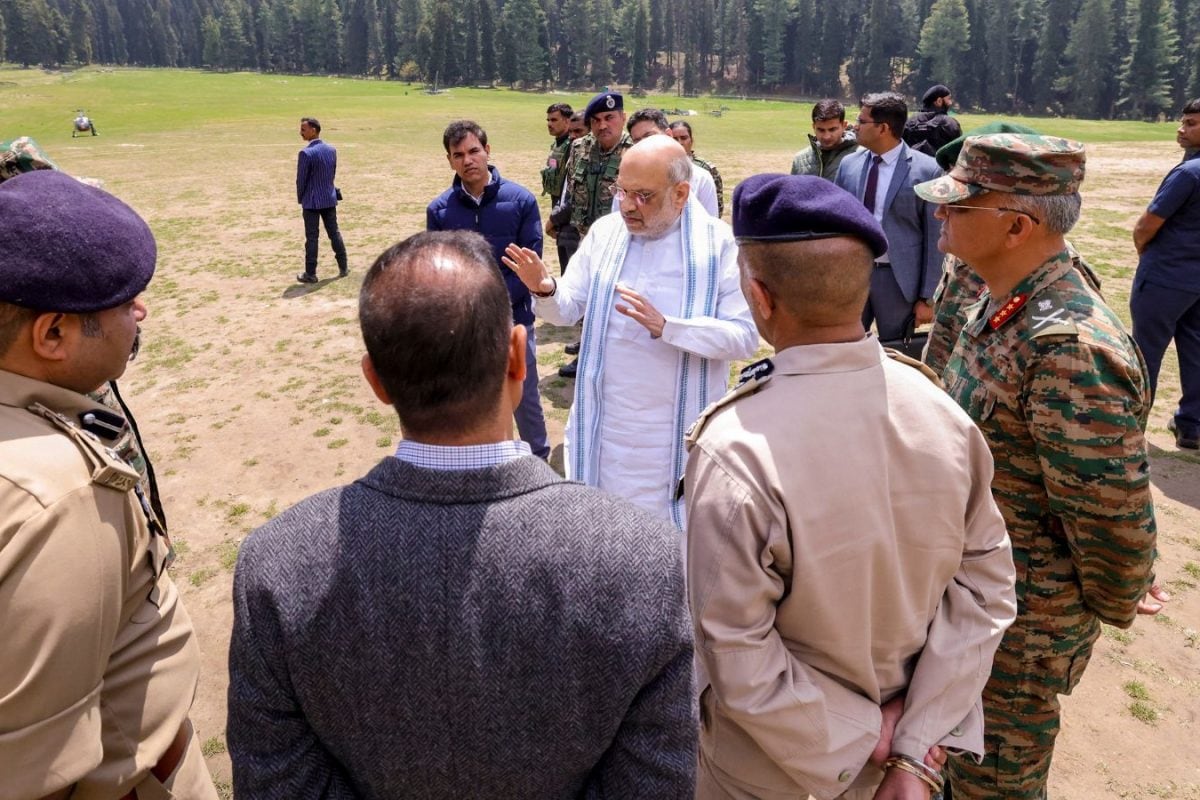

The recent arrests by the National Investigation Agency (NIA) in connection with the Pahalgam terror attack have delivered a significant blow to Pakistan's narrative and strengthened India's case before the Financial Action Task Force (FATF). The agency arrested Parvaiz Ahmad Jothar and Bashir Ahmad Jothar from Pahalgam for harboring the terrorists involved in the April 22 attack that killed 26 people, including tourists.
NIA investigations revealed that Parvaiz and Bashir provided food, shelter, and logistical support to the three Pakistani terrorists at a seasonal hut in Hill Park before the attack. The terrorists, affiliated with Lashkar-e-Taiba (LeT), selectively targeted tourists based on their religious identity, making it one of the most heinous terror attacks in recent memory. The NIA has arrested the duo under Section 19 of the Unlawful Activities (Prevention) Act, 1967.
The NIA's preliminary report has already pointed to the involvement of the Pakistan Army, ISI, and Lashkar-e-Taiba in the conspiracy. The terrorists, Hashim and Tala, received instructions from their handlers in Pakistan-occupied Kashmir. The plot was hatched at the Lashkar-e-Taiba headquarters in Muritk, with overground workers in South Kashmir playing a crucial role. The NIA has arrested 75 OGWs and questioned thousands.
The implications of these arrests extend beyond the immediate investigation of the Pahalgam attack. They provide concrete evidence of Pakistan's continued support for terrorist activities targeting India, directly contradicting its claims of combating terrorism. This evidence is crucial for India's case before the FATF, which assesses countries' efforts to combat money laundering and terrorist financing.
Pakistan has been under increased scrutiny from the FATF in recent years. While it was removed from the "grey list" in 2022 after addressing some concerns, the Pahalgam attack and the NIA's findings underscore the need for continued vigilance. The FATF has emphasized that the Pahalgam terror attack could not have occurred without "money and means," highlighting the critical role of terror financing.
The NIA's investigation has also exposed the extensive network of overground workers and logistical support that enables terrorists to operate in Jammu and Kashmir. The agency has conducted raids at multiple locations, seizing electronic gadgets and financial documents that provide further clues to the espionage racket run by Pakistan-based operatives.
These developments will likely bolster India's efforts to push for stricter measures against Pakistan within the FATF framework. India can leverage this evidence to demonstrate that Pakistan has not fully dismantled its terror infrastructure and continues to provide support to terrorist groups operating on its soil. This could lead to increased pressure on Pakistan to take verifiable and irreversible steps to counter terrorism, including prosecuting terror financiers and dismantling terror infrastructure.